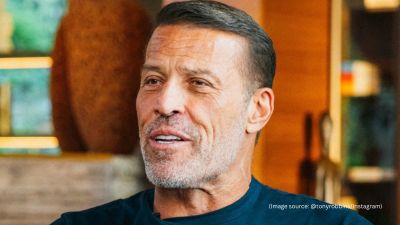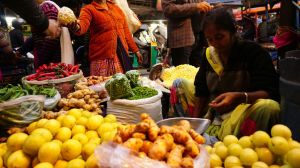Keep it in the plural
Among the various themes that make up the broad spectrum of what can be loosely termed as 8220;human development8221;, pluralism is not th...

Among the various themes that make up the broad spectrum of what can be loosely termed as 8220;human development8221;, pluralism is not the most obvious. Indeed, several nation-states have demonstrated a marked impatience in dealing with the complexities of managing diverse populations and have opted for a one-size-fits-all approach to the conundrum. What is new about this year8217;s Human Development Report of UNDP is the attempt it makes to place multiculturalism on the governance map. While it recognises that the global flows of capital, goods and people are part of modern existence, it makes a strong case for why cultural liberty is a vital part of human development and progress.
Perhaps, the UNDP should have followed up this year8217;s theme 8212; 8216;Cultural Liberty in Today8217;s Diverse World8217; 8212; with an attempt to actually measure the success of nations in achieving this much-valued pluralism. After all, its 1995 Report 8212; with its focus on gender 8212; had thrown up two important measures, the gender-related development and the gender empowerment measure, both of which are still in currency. Measuring something as amorphous as democratic pluralism is a tall order yet, if there was indeed such an index, India would certainly have done much better than it has in terms of the more conventional Human Development Index HDI 8212; based on the three parameters of literacy, life expectancy and income 8212; where it remains at last year8217;s rank of 127.
To what do we ascribe the success story of Indian pluralism 8212; which despite the occasional blot of a Delhi 8217;84 or a Gujarat 8217;02 8212; has survived for as long as the republic itself? The answer would, perhaps, lie in the preamble of the Constitution. After pledging justice to the people of India, the founding fathers and mothers went on to flag liberty 8212; of thought, expression, belief, faith and worship. In other words, the pluralism of India, which the world today recognises and celebrates, was embedded as a foundational principle of the republic. We need to keep it that way; to work harder to keep it that way.
- 01
- 02
- 03
- 04
- 05































